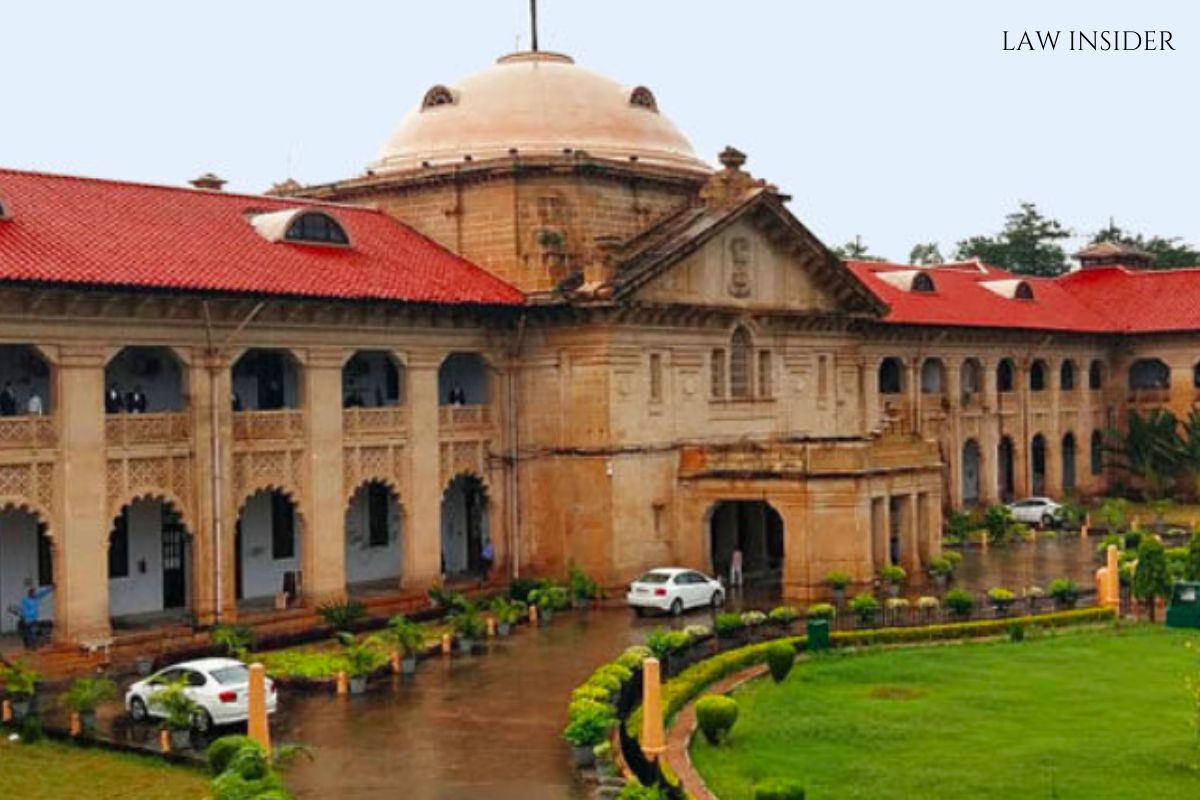LI Network
Published on: November 30, 2023 at 12:27 IST
The Allahabad High Court has underscored that authorities under the Income Tax Act lack the legal provision to dissect an otherwise indivisible contract.
The court emphasized that unless there exists a legal provision allowing such division, the authorities are not empowered to do so.
Concurring with the principles established by the Punjab and Haryana High Court and Karnataka High Court in previous cases, the bench consisting of Justice Saumitra Dayal Singh and Justice Shiv Shanker Prasad stated,
“Unless an external (legal tool) was available to the assessing authority under any of the provisions of the [Income Tax] Act as may have allowed it the luxury to dissect an otherwise indivisible contract and/or unless an internal tool was seen to exist to allow that exercise to be made, a composite contract could not dissected by the assessing authority.”
The court further emphasized that it is the responsibility of the taxing authority to demonstrate the legal basis for dividing an otherwise indivisible contract. Taxing authorities are not permitted to presume or assume facts but are mandated to apply tax laws to established facts.
The case involved an entity incorporated as a Special Purpose Vehicle by the State Government of Uttar Pradesh for establishing a thermal power plant.
The taxpayer entered into contracts with Bharat Heavy Electric Ltd. (BHEL) and Carbery Infrastructure Pvt. Ltd. (CIPL). The Income Tax Authority issued orders citing default in tax deduction, leading to a subsequent assessment order raising demands for short deduction of TDS and interest.
The Income Tax Appellate Tribunal, aligning with the decision of the Punjab and Haryana High Court, ruled in favor of the taxpayer. The court rejected the contention of the revenue counsel that the assessing authority had passed the order after thorough consideration of facts.
The court held that contracts awarded to BHEL and CIPL were identical to those considered by the Punjab and Haryana High Court, emphasizing the indivisibility of the contracts.
The court stressed that a contract should be interpreted based on its main objective and, in the absence of an enabling law, the taxing authorities cannot overlook the dominant object of the contract.
Referring to the decision of the Karnataka High Court, the court asserted that an indivisible contract cannot be artificially dissected by taxing authorities to the detriment of the taxpayer.
In conclusion, the Allahabad High Court, aligning with established principles, held that an indivisible contract cannot be divided unless there is a specific provision in law or in the contract itself allowing such division. The appeal was dismissed in favor of the taxpayer.
Case Title: The Commissioner Of Income Tax (TDS) And Another v. Lalitpur Power Generation Co. Ltd.

